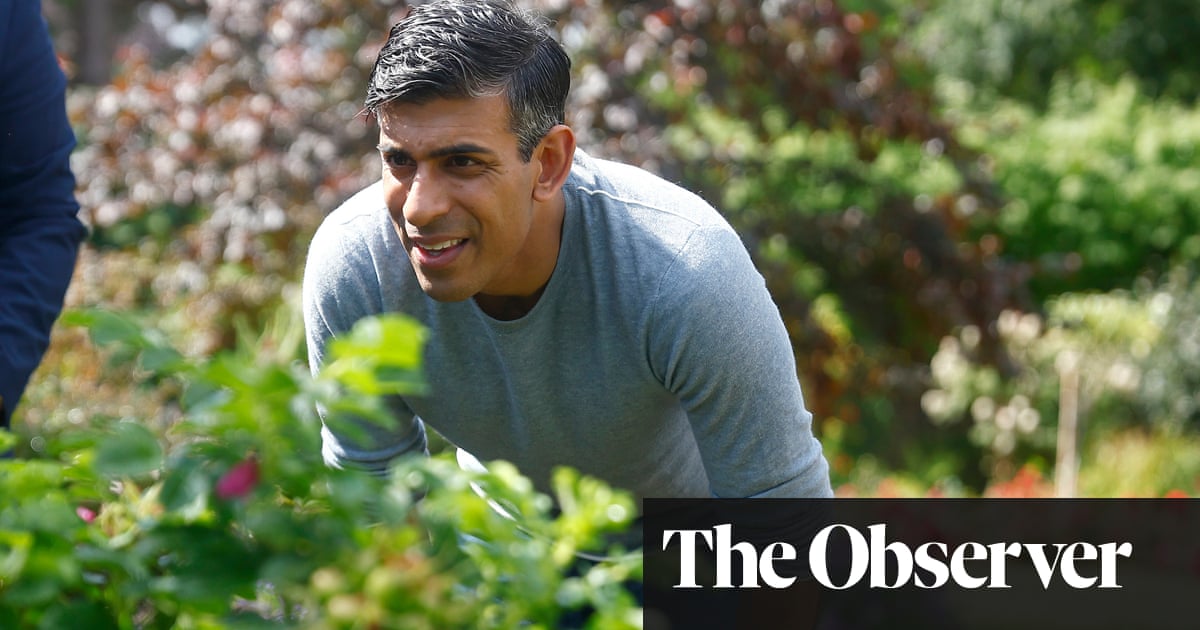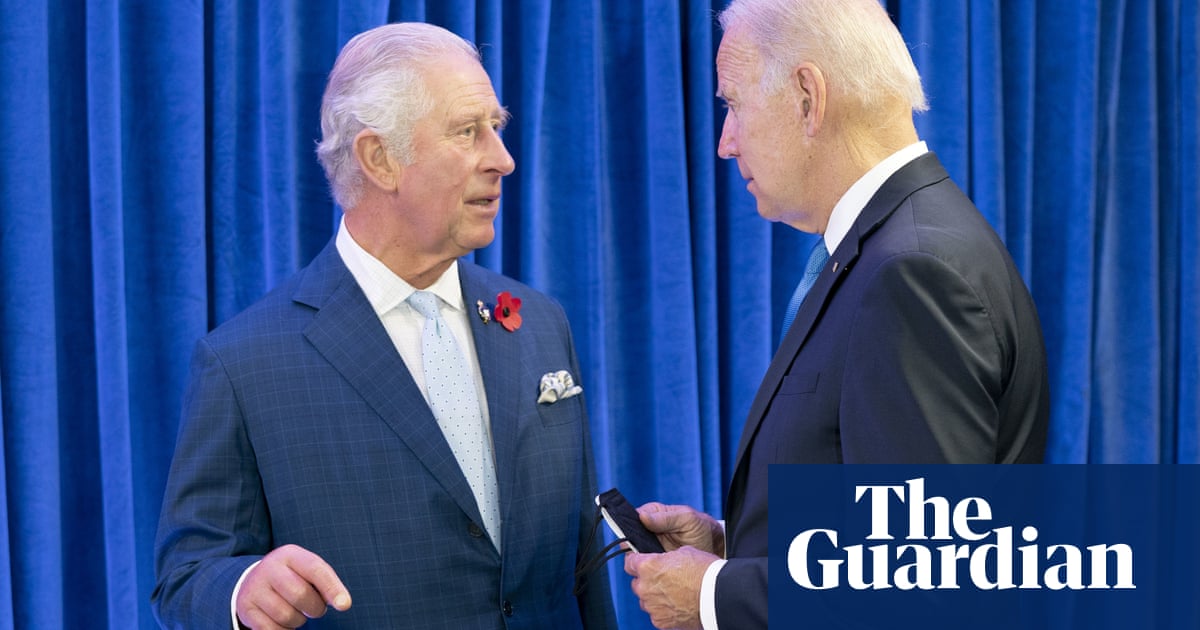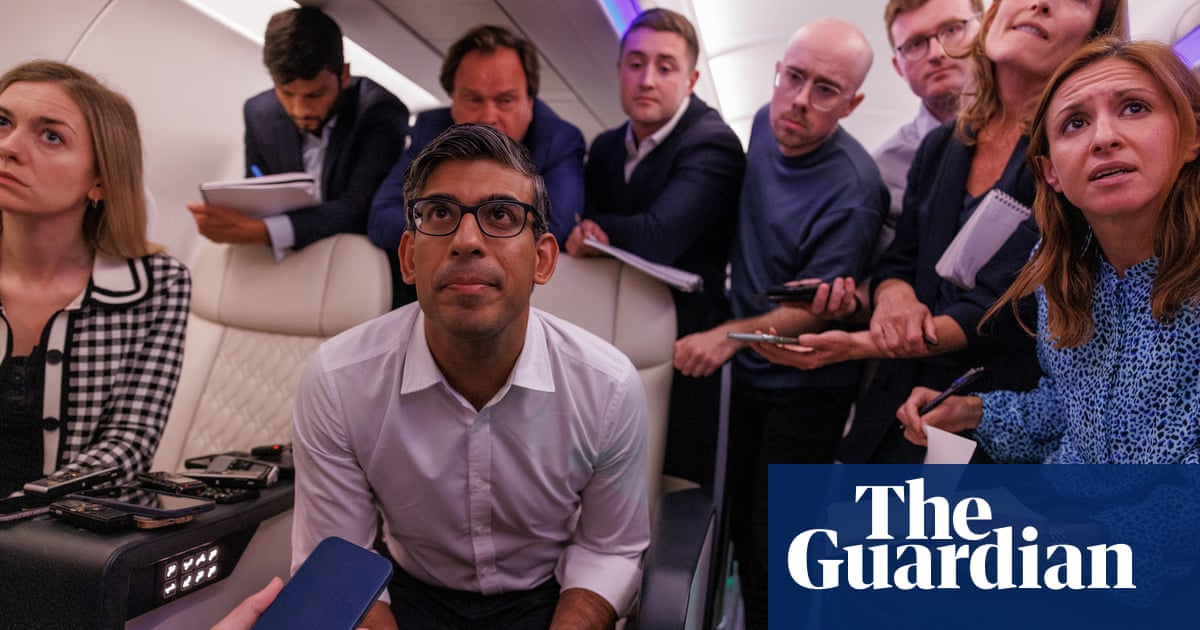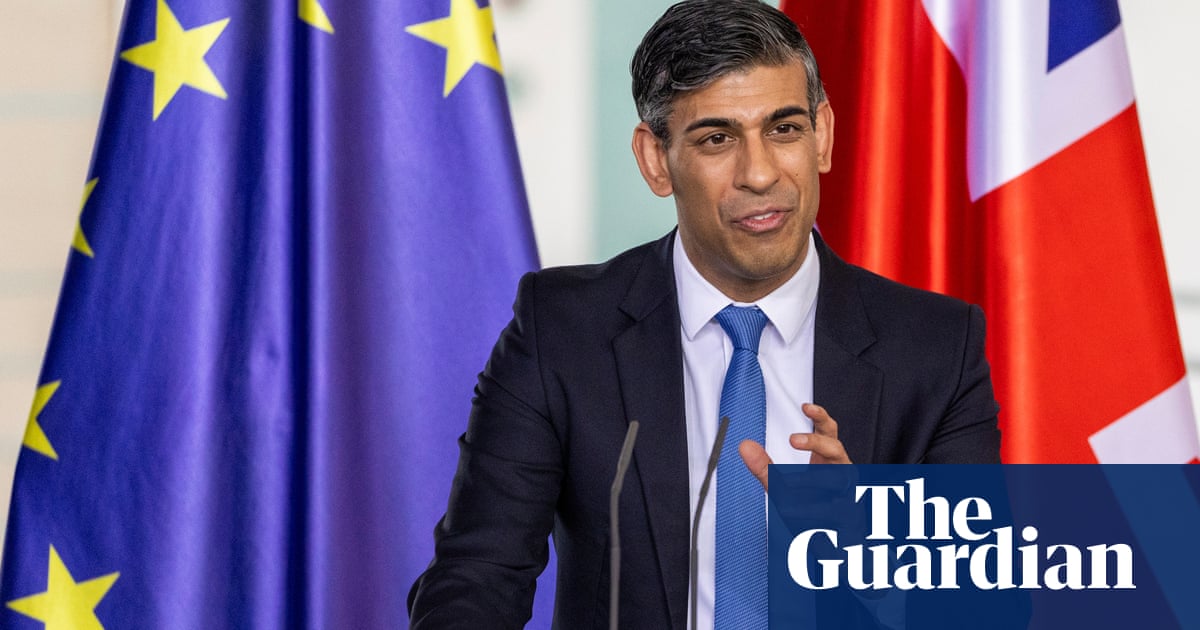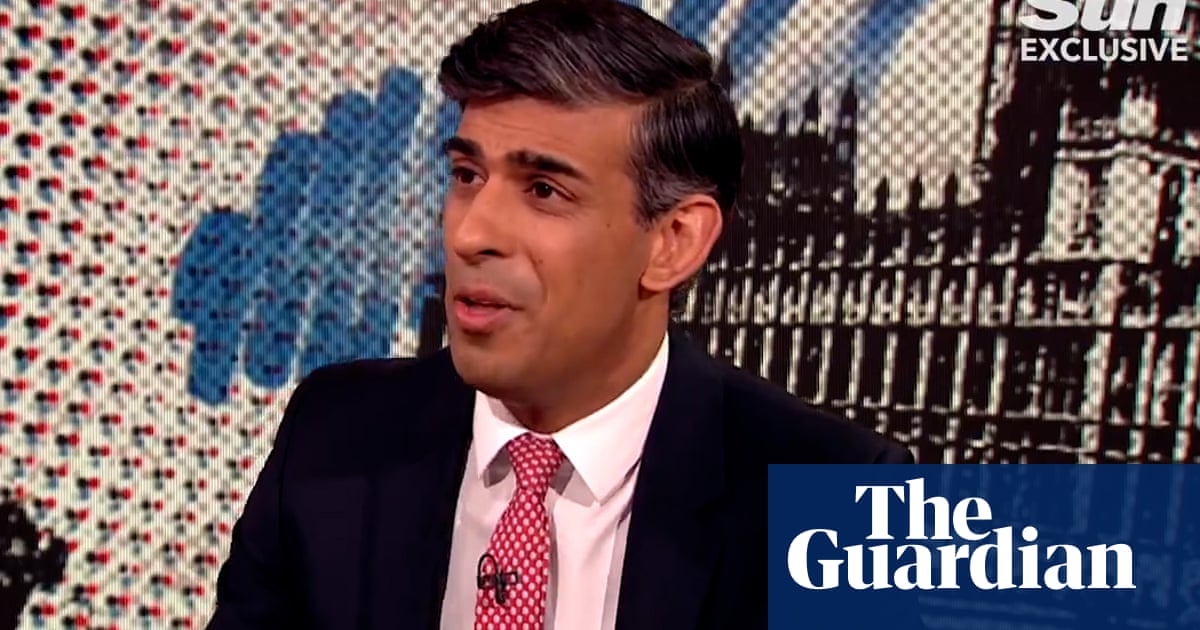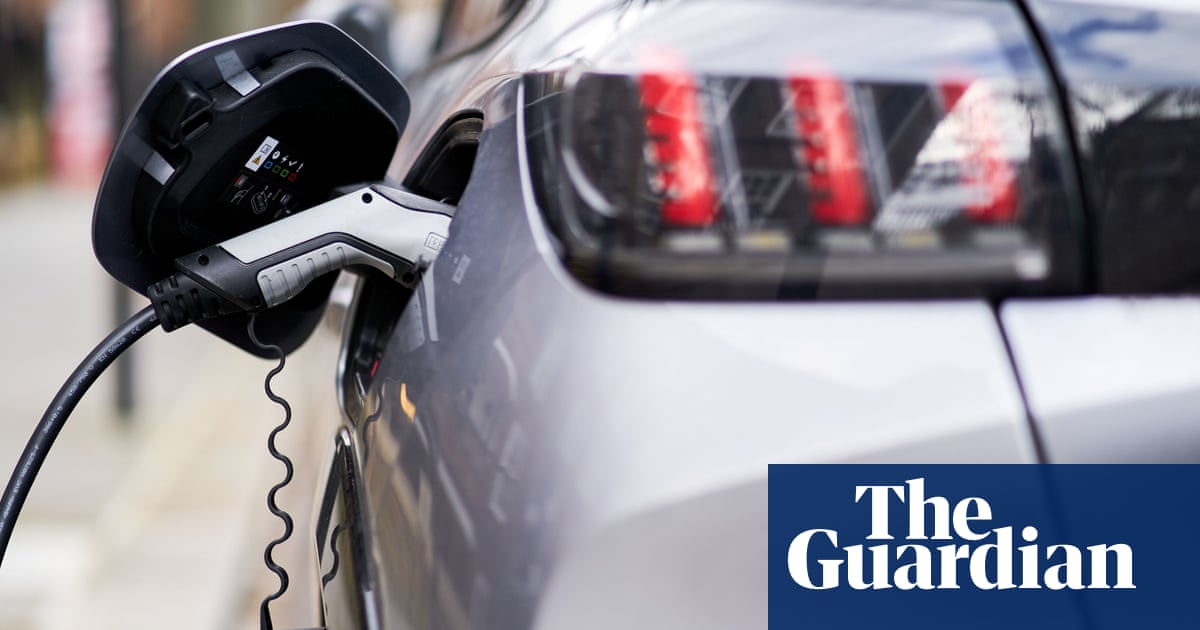
Alok Sharma, the former Tory cabinet minister who chaired the landmark Cop26 UN summit in Glasgow, has warned Rishi Sunak that he will now have to find other ways to cut emissions if the UK is to meet its international climate obligations, following last week’s dramatic U-turns on green policy.
In his first comments since Sunak’s announcement on Wednesday, Sharma told the Observer that “rolling back on certain policies will mean we need to find emissions reductions elsewhere, if we are to meet our legally binding near term carbon budgets and our internationally committed 2030 emissions reduction target”.
Sharma said he welcomed “the prime minister’s re-confirming unequivocally that the UK will meet our international agreements”, but added more needed to be done: “Ministers must urgently show how they plan for this to be achieved,” he said.
Last week, Sunak said the 2030 deadline on the sale of petrol and diesel vehicles would be pushed back to 2035, and the boiler phase-out by 2035 would be weakened. These moves are likely to raise the UK’s emissions in the next decade, but Sunak did not set out whether or how that would be offset by cuts elsewhere.
The government’s previous plans to ban sales of new petrol and diesel cars by 2030, and on phasing out gas boilers, were key parts of the UK’s submissions under the Paris climate agreement. Plans known as nationally determined contributions (NDCs) are fundamental to the 2015 Paris agreement on climate change.
At the Cop26 climate summit in Glasgow in 2021, Sharma fought to secure global agreement that NDCs should be updated frequently and should represent a strengthening of targets, to prevent any weakening or backsliding. At the Cop27 summit in Egypt, he spoke out sharply to rebuke countries that wanted to renege on previous commitments.
Sam Hunter Jones, lawyer at ClientEarth, a campaigning group, said: “Rolling back on existing policies risks going against a Paris agreement cornerstone of increased ambition, just months before Cop28 negotiations. The UK will now need to go even further in other areas, when it submits its next round of international climate commitments, to ensure the overall package is stronger rather than weaker.”
One developing country negotiator told the Observer the move would anger many countries, after the UK took a stand at Cop26 and Cop27 on preventing backsliding, and make it easier for other countries to ignore their commitments. “Backsliding begets backsliding,” they said.
But former Whitehall insiders said Downing Street was no longer much interested in how the UK’s reputation was damaged in the eyes of other countries. “I don’t think anyone in Number Ten really cares,” one said.
Joss Garman, executive director of the European Climate Foundation said: “By axing existing plans to meet net zero targets, the PM is storing up trouble for the future. The Office for Budget Responsibility says it will cost Brits more money to delay and Citizens Advice says this will hit household budgets. Unless he can set out credible fresh plans to meet international promises when he updates MPs next month, he will also be the first world leader - at least since Bolsonaro in Brazil - to show up to a UN COP climate summit having downgraded climate commitments, which may also raise questions over whether Britain could be in breach of the Paris Agreement.”
A government spokesperson said: “The prime minister has made clear that we are committed to achieving net zero, and we will do so in a way that is pragmatic, proportionate and realistic for families and businesses.
“We remain committed to our 2030 nationally determined contribution and are confident we will meet it.”





